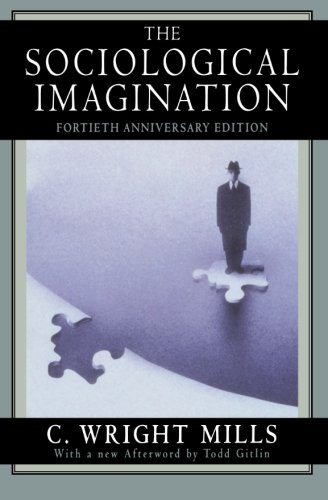
|
|
Product Description
In this new and brilliantly organized book of essays, Anthony Giddens discusses three main theoretical traditions in social science that cut across the division between Marxist and non-Marxist sociology: interpretive sociology, functionalism, and structuralism.
Beginning with a critical examination of the importance of structuralism for contemporary sociology, the author develops a comprehensive account of what he calls "the theory of structuration." One of the main themes is that social theory must recognize, as it has not done hitherto, that all social actors are knowledgeable about the social systems they produce and reproduce in their conduct. In order to grasp the significance of this, he argues, we have to reconsider some of the most basic concepts in sociology.
In particular, Giddens argues, it is essential to recognize the significance of time-space relations in social theory. He rejects the distinction between synchrony and diachrony, or statics and dynamics, involved in both structuralism and functionalism, and offers extensive critical commentary on the latter as an approach to sociology.
The book, which can be described as a "non-functionalist manifesto," breaks with the three main theoretical traditions in the social sciences today while retaining the significant contributions each contains. In so doing Giddens discusses a range of fundamental problem areas in the social sciences: power and domination, conflict and contradiction, and social transformation. He concludes with an overall appraisal of the key problems in social theory today.
Beginning with a critical examination of the importance of structuralism for contemporary sociology, the author develops a comprehensive account of what he calls "the theory of structuration." One of the main themes is that social theory must recognize, as it has not done hitherto, that all social actors are knowledgeable about the social systems they produce and reproduce in their conduct. In order to grasp the significance of this, he argues, we have to reconsider some of the most basic concepts in sociology.
In particular, Giddens argues, it is essential to recognize the significance of time-space relations in social theory. He rejects the distinction between synchrony and diachrony, or statics and dynamics, involved in both structuralism and functionalism, and offers extensive critical commentary on the latter as an approach to sociology.
The book, which can be described as a "non-functionalist manifesto," breaks with the three main theoretical traditions in the social sciences today while retaining the significant contributions each contains. In so doing Giddens discusses a range of fundamental problem areas in the social sciences: power and domination, conflict and contradiction, and social transformation. He concludes with an overall appraisal of the key problems in social theory today.
Customers Who Bought This Item Also Bought
- The Constitution of Society: Outline of the Theory of Structuration
- The Base of the Pyramid Promise: Building Businesses with Impact and Scale
- Making Things Work: Solving Complex Problems in a Complex World
- The Coding Manual for Qualitative Researchers Third Edition
- Quantum Leadership: New Consciousness in Business
- The Logic of Practice
- Embracing Complexity: Strategic Perspectives for an Age of Turbulence
- Reinventing Organizations: A Guide to Creating Organizations Inspired by the Next Stage in Human Consciousness
- Embedded Sustainability: The Next Big Competitive Advantage
- What Is This Thing Called Science?
*If this is not the "Central Problems in Social Theory: Action, Structure, and Contradiction in Social Analysis" product you were looking for, you can check the other results by clicking this link







